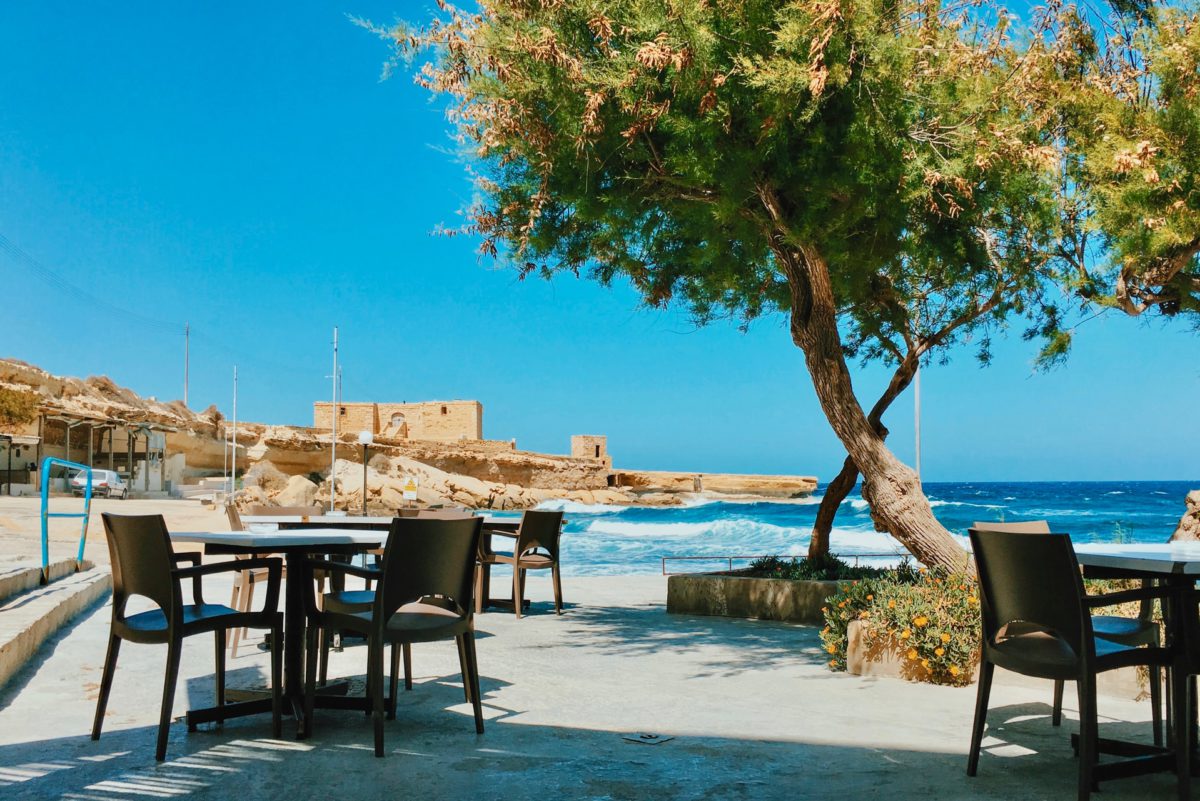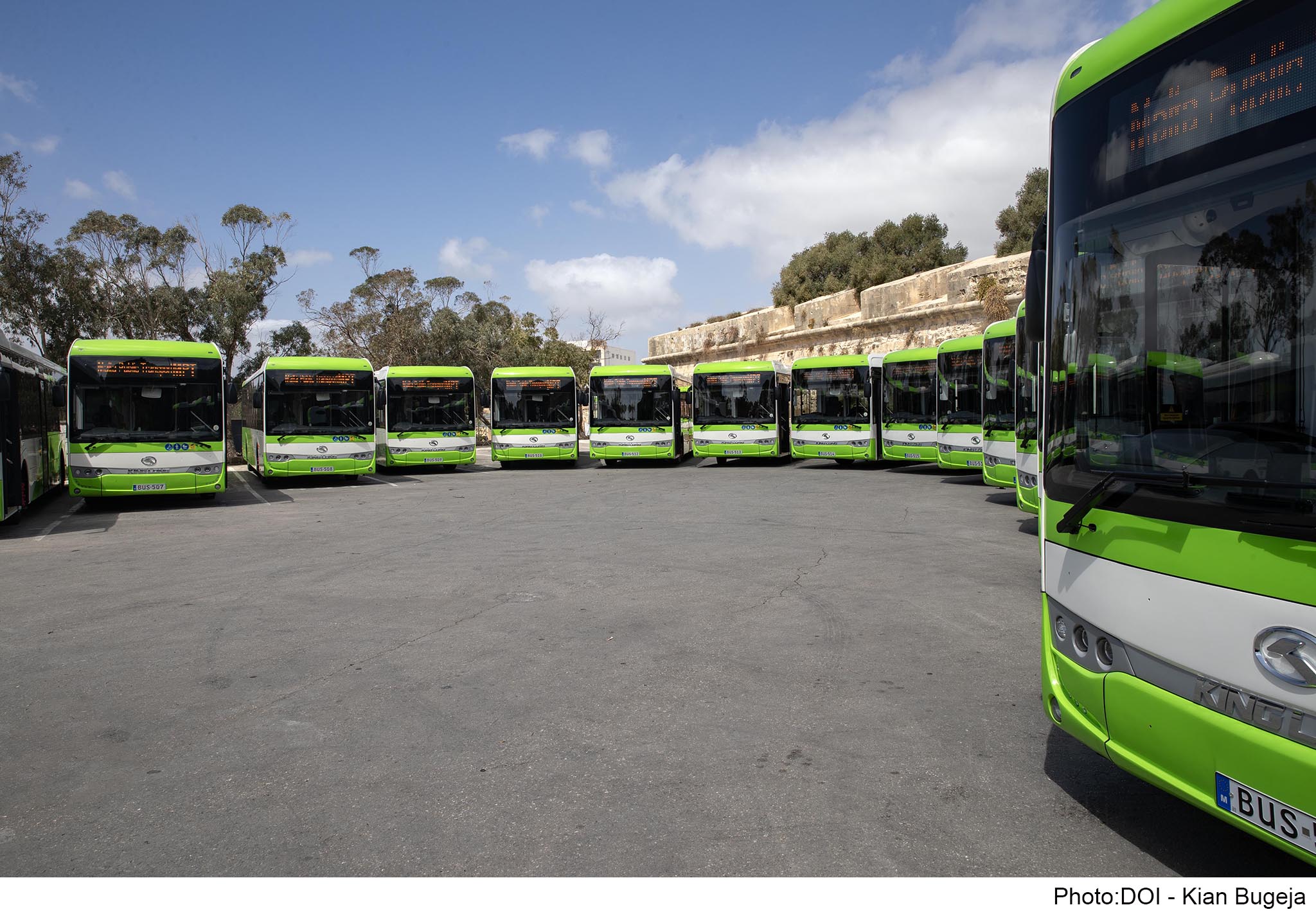Malta’s catering industry is a vibrant sector of the country’s economy with a gastronomical breadth that comes as a surprise in light of the nation’s size. Tourism and an ingrained culture of friends and families gathering to eat have enabled the nation’s culinary sector to flourish along with the public’s waistline.
The country’s affinity for bombastic events with massive guest lists for weddings and other events is also a constant and dependable source of activity for Malta’s catering industry.
There are over 10,000 people employed in the catering sector working in over 2,000 establishments, however, the full scope of individuals who are involved in the catering industry is hard to quantify.
Since the COVID-19 pandemic, delivery services provided by companies such as Bolt and Wolt have become indispensable to the catering industry, having been the lifeline that kept the industry chugging along during a period of heavy restrictions on congregations of people.
However, with the pandemic in the rear-view mirror, a semblance of normality has returned to the industry, which is slowly making a name for itself across the world. As of 2022, a total of five restaurants have been awarded a Michelin star, and four restaurants with a Bib Gourmand award. These awards are provided by the French tyre company, Michelin, which publishes highly respected guidebooks that feature a curated selection of culinary destinations around the world.
Restaurants receiving Michelin rewards are regarded with prestige and respect, indicating the exceptional quality of product and service of those establishments.

Malta Tourism Authority and licensing
The Malta Tourism Authority (MTA) is the main institution which is responsible for granting catering establishment licences. The MTA identifies several categories of what constitutes a catering establishment, each with its responsibilities and requirements.
In total there are six categories covering a total of 2,616 establishments (according to data available on 23rd February 2023)
| Restaurant | 813 |
| Snack bar | 1,078 |
| Bar | 481 |
| Kiosk | 59 |
| Disco/Nightclub | 13 |
| Takeaways | 172 |
Each of these categories is regulated in a slightly different way and is defined accordingly according to the catering establishment regulations, and the Malta travel and tourism services act;
Restaurants are establishments where food is primarily consumed on the premises on a table service basis, while snack bars are more flexible, as food may or may not be sold on the premises and, may or may not be done on a table service basis.
Bars are establishments where beverages are primarily sold, and food is not offered against payment.
Kiosks are establishments where food/beverages are sold off-premises and nightclubs are establishments with the primary purpose of providing live entertainment and the sale of beverages. Meanwhile, Takeaways are establishments where products are given to customers to be consumed elsewhere.
Each type of establishment has its own set of obligations such as hygiene, seating, space etc.
Evidently, snack bar licences provide the greatest range of flexibility for establishments in Malta, making them the most popular category.
However, this has led to many establishments acquiring incorrect licenses which caused tensions during the COVID-19 pandemic, which led to establishments being urged to reapplying for different licences to avoid certain restrictions imposed on the sale of alcohol.
There are also businesses which cater strictly for events, be they ceremonial such as weddings, or occupational such as staff parties.

A cyclical labour shortage and the rising cost of operations
One of the most pressing challenges in the catering industry is the labour shortage, and there has yet to be any respite. A lack of labour in the catering industry has its own unique set of challenges for a number of reasons.
It is worth considering that, catering is not an easy industry to automate. While to some extent it is possible, it is ultimately, a very human endeavour.
Some parts of the cooking process could be automated, especially in the fast-food sector, and even waiter services could be automated, however, Malta’s restaurants are not usually known for their open spaces which would allow for a robot to take and deliver orders to customers with ease.
Restaurants also operated on very thin margins of profitability. If they want to attract more workers by raising wages, they risk making themselves uncompetitive with other establishments since, inevitably, they may have to raise prices.
Furthermore, the rise of food delivery services has further narrowed profit margins – due to the apps taking up to 35 per cent of a product’s price as commission.
The high cost of importing goods has already presented a challenge to local establishments due to inflation. Restaurants are one of the sectors where inflation has yet to decline in a significant manner due to food, especially meat, still becoming more expensive.
This has created a cyclical challenge. Restaurants are unable to employ enough workers to fill the labour gap within their establishments, leading to an increased workload on their current staff, making the sector even less attractive to new staff. If restaurants choose to raise wages to attract or maintain their staff, they risk becoming unprofitable.
There has been a growing dependence on foreign labour to fill in the gaps in employment however, even that is not sufficient, and the industry is strained.
A labour shortage in the catering industry is not a problem that Malta is facing in isolation. Since the COVID-19 pandemic, the industry across the world has yet to recover from the shockwave on the market.
A study conducted by E-Cubed Consultancy, which was presented at a conference by the Association of Catering Establishments (ACE), in partnership with this newsroom, demonstrated that there is a need to attract younger generations to participate in the industry to ensure its future.
It is difficult to attract workers to a career which has atypical hours, gruelling and thankless work with seemingly limited career growth. While as far back as the 2000s it was seen as a prestigious career, it has changed, in part due to a loss of qualified staff in middle and upper management.
During the conference, Derek Abbot, a hospitality consultant with over 40 years of experience in the industry said that the said that the catering and hospitality sector is missing thousands of workers, to cover even the most basic vacancies. The situation has been so severe, that at times it has led to restaurants closing for some days of the week due to a lack of staff.
Stakeholders
The main representatives of the catering industry are the Malta Hotels and Restaurants Association MHRA) Association of Catering Establishments (ACE), and Malta Chef’s Society (MCS).
For the MHRA, the industry is intrinsically tied to the country’s tourism sector and works closely with its members, Government, and trade unions.
One of its most recent endeavours is being a partner in a recently launched pilot project on nutritional labelling for restaurant menus. The project aims to ensure clients are more informed about the choices they are making when they eat out and enables restaurants to be conscious of the items they’ve listed on the menu.
ACE has been vocal in assessing the needs of the catering industry directly, especially during the COVID-19 pandemic, it was an ardent supporter of the pandemic wage supplement, which saw the Government pay part of the salaries for vulnerable economic sectors, up to €800 a month.
The MCS meanwhile, represents the country’s professional chefs and aims to promote the culinary arts in the country, and is mostly known for organising the renowned Malta Kulinarja event.

Training and Education
There are a number of institutions dedicated to training prospective workers in the catering industry, even while the perception of a career in the field has worsened in recent years.
The Institute of Tourism Studies (ITS) is the main educational institution for individuals looking to be involved in the catering industry, with a range of diplomas in food and beverage management, and even a degree in culinary arts.
ITS also operates three training restaurants, in academic affiliation with the Emirates Academy of Hospitality Management.
There are also a handful of institutions that provide proficiency in food handling certification, which can be done online (with in-person examination).
Kitchen skills aside, due to the growing number of foreign workers, their level of English proficiency may not be where it should be, which has led to courses being by English language schools, strictly for catering, one example can be found is BELS Malta.
There is also the Malta Catering Expo (Malta Kulinarja 2023) held every two years. The last time it was held was in 2020 and following a long-than-anticipated gap due to the COVID-19 pandemic, the event has returned and is set to take place between the 23rd and 26th February.
The event is organised by the Malta Chefs Society under the auspices of the World Association of Chefs Society and involves a cooking competition between 200+ chefs, and a demonstration of the latest trends and innovations in catering by Malta’s leading suppliers.
Future of the industry
If the number of pressing issues within the catering industry is resolved and public perception is changed, then it’s hard to dispute the potential success of the industry. However, until that happens, issues such as the labour shortage will continue to be millstones around the catering industry’s neck.
Burnouts and a high turnover will staff will hold the industry back from professionalising faster, but as the country becomes more renowned as a culinary destination, it would not only boost the industry’s profile internationally, but it could improve the public’s perception of the industry, and inspire overseas catering workers to move to Malta, under the right conditions.
Unpacking Malta’s new American-style bankruptcy framework
The EU is reforming its insolvency rules to adopt some of the most beneficial elements of the US framework
More than half of all workplace deaths in last two years involved construction
No women died on the job in 2022 and 2023
Government shells out close to €70 million to national bus operator Malta Public Transport in 2023
Buses became free for residents in late 2022, leading to a hefty increase in the public subsidy






